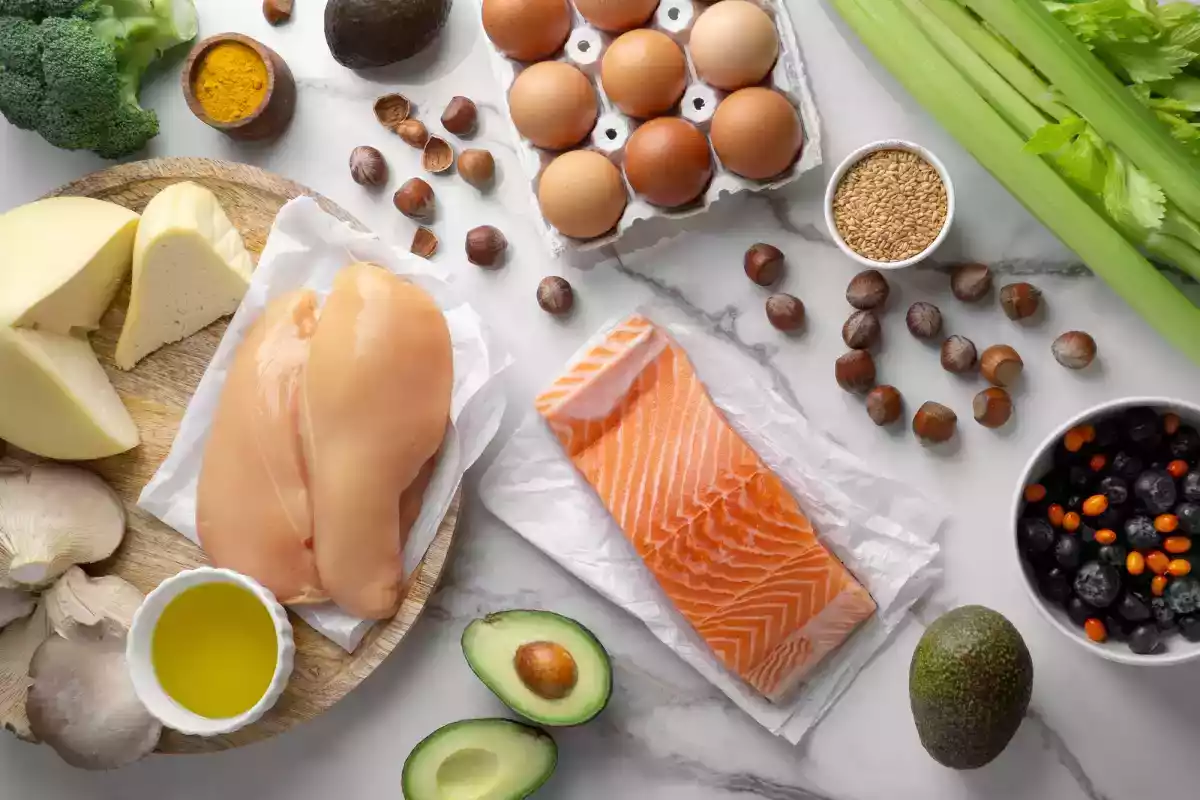Zinc in the diet: role, sources and risk of deficiency

It may not make the headlines like vitamin C, or be the subject of food trends like magnesium, but zinc is a key player in our health.
Skin, immunity, healing, fertility... this mineral is involved in a host of essential functions.
So, what is it really used for? Where can we find it in our diet? And how can you spot a deficiency? We take a simple look at the situation, without worrying about it (or zinc).
What does zinc do for the body?
Zinc is a trace element, i.e. a nutrient that the body needs in very small quantities... but which plays major roles :
- Immunity support: it helps activate certain immune cells, particularly in the event of infection or virus (source: EFSA Journal, 2014)
- Wound healing: involved in tissue repair and cell division
- Skin and hair health: involved in keratin production and cell renewal
- Enzyme function: over 300 enzymes in the body depend on it!
- Male fertility: plays a role in sperm quality
- Cognitive functions: memory, learning, mood... the brain loves zinc
Where can I find zinc in food?
Zinc is found in many foods, both animal and vegetable. Here are a few to choose from:
The best animal sources:
- Oysters (absolute champions!)
- Beef, veal
- Poultry liver
- Egg yolk
- Cheese (like Parmesan, Gruyère)
Good plant sources:
- Pumpkin seeds
- Cashew nuts, almonds
- Pulses (lentils, chickpeas, kidney beans)
- Wholegrain bread, wholegrain cereals
- Dark chocolate (yes, we did say chocolate)
Warning: plant zinc is less well absorbed by the body because of phytates (present in wholemeal cereals, legumes, etc.). Tip: soak grains and legumes before cooking to improve bioavailability.
What are the signs of zinc deficiency?
A deficiency can manifest itself insidiously. Here are the most frequent signs:
- Frequent infections, fatigue
- brittle hair, ridged nails
- Dry skin, slow healing
- Taste or smell disorders
- Decreased libido, fertility problems
Some people are more at risk:
- Vegetarians/vegetarians
- Pregnant or breast-feeding women
- Elderly people
- Inflammatory bowel diseases (Crohn's, UC...)
In these cases, medical supervision or supervised supplementation may be necessary.
Source: ANSES - Recommended Dietary Allowances, 2021; Harvard T.H. Chan School of Public Health
What about supplements?
They are not always necessary. A varied diet is generally sufficient to cover requirements (around 10 mg/d for an adult).
However, in the event of a diagnosed deficiency or increased need (pregnancy, convalescence), a course of zinc supplements (gluconate, picolinate, citrate, etc.) may be considered, always on medical advice.
Beware of excess! Too much zinc can interfere with the absorption of copper and iron, and weaken the immune system.
In short: zinc, small but strong
Discreet but crucial, zinc is a real pillar of our daily health. It boosts our defenses, cares for our skin, supports fertility and cell regeneration.
There's no need to splurge on supplements at any price: a well-thought-out plate, a little variety, a few seeds here, some eggs there... and you're all set!
 Adèle Peyches
Adèle Peyches
Comments